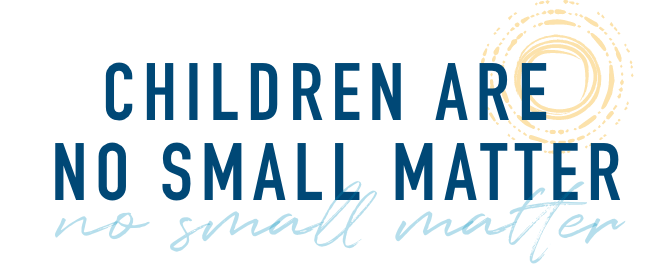Are you looking to start your career as an early childhood educator?
We help new and established early childhood educators locate the tools and resources they need to build their careers. We offer trainings, technical assistance, early childhood advocacy, and other resources to enhance professional development.
Why become an early childhood educator
Early childhood educators change lives—every day. You’ll help ensure that children receive love, care, and attention at a young age, and you’ll be able to impart knowledge and advice to the next generation.
- It’s a rewarding field where you can make a difference. Early childhood educators have an influential opportunity to change the lives of young children. Although being an early childhood educator comes with a unique set of challenges, you’ll devote your days to empowering the next generation—and that’s a deeply rewarding pursuit.
- It’s creative and hands-on. No matter what type of early childhood classroom you’re in, creativity, innovation, and exploration is always encouraged. From colorful art projects to fun ways of learning phonetics, the possibilities for creativity as an early childhood educator are endless. Plus, as you nurture the children in your care, you’ll be inspired by their own youthful creativity and visionary way of seeing the world.
- Jobs are readily available. Education will always be important—and if you choose to pursue a career in early childhood education, jobs will continue to be relevant. According to the Bureau of Labor Statistics, the early childhood education field is growing: Employment of childcare workers is projected to grow 8 percent over the next 10 years.
How to become an early childhood educator
in North Carolina
Step One: Determine if the early childhood education route is right for you.
Although there are a plethora of reasons why a career in early childhood education is a deeply rewarding pursuit, it’s also challenging work. Leading a classroom of young students can be chaotic, overwhelming, and require you to don multiple hats—from social worker to mentor and everything in between.
Step Two: Earn the appropriate education.
Once you’ve decided to become an early childhood educator, you’ll need to earn the appropriate education.
To become a Lead Teacher and Administrator, you’ll need:
- The North Carolina Early Childhood Credential (NCECC) or its equivalent
- Individuals must enroll in this program within six months of being hired and will have 18 months from their date of hire to satisfy the NCECC or equivalency requirements.
- Learn more about the education requirements for child care lead teachers here.
To work at an early childhood education center in a different capacity, you’ll need:
- A high school diploma
There is not a state-level education requirement outside of your high school diploma to work at an early childhood education center. There are a number of fantastic roles you can pursue, such as assistant teacher, bus driver, cook, floater, or substitute teacher. Keep in mind that individual centers may have their own educational requirements—so it’s best to read the job description closely and reach out to the center for additional information.
learn more
To start your career in early childhood education, we recommend visiting the official
North Carolina Division of Child Development and Early Education for more information.



